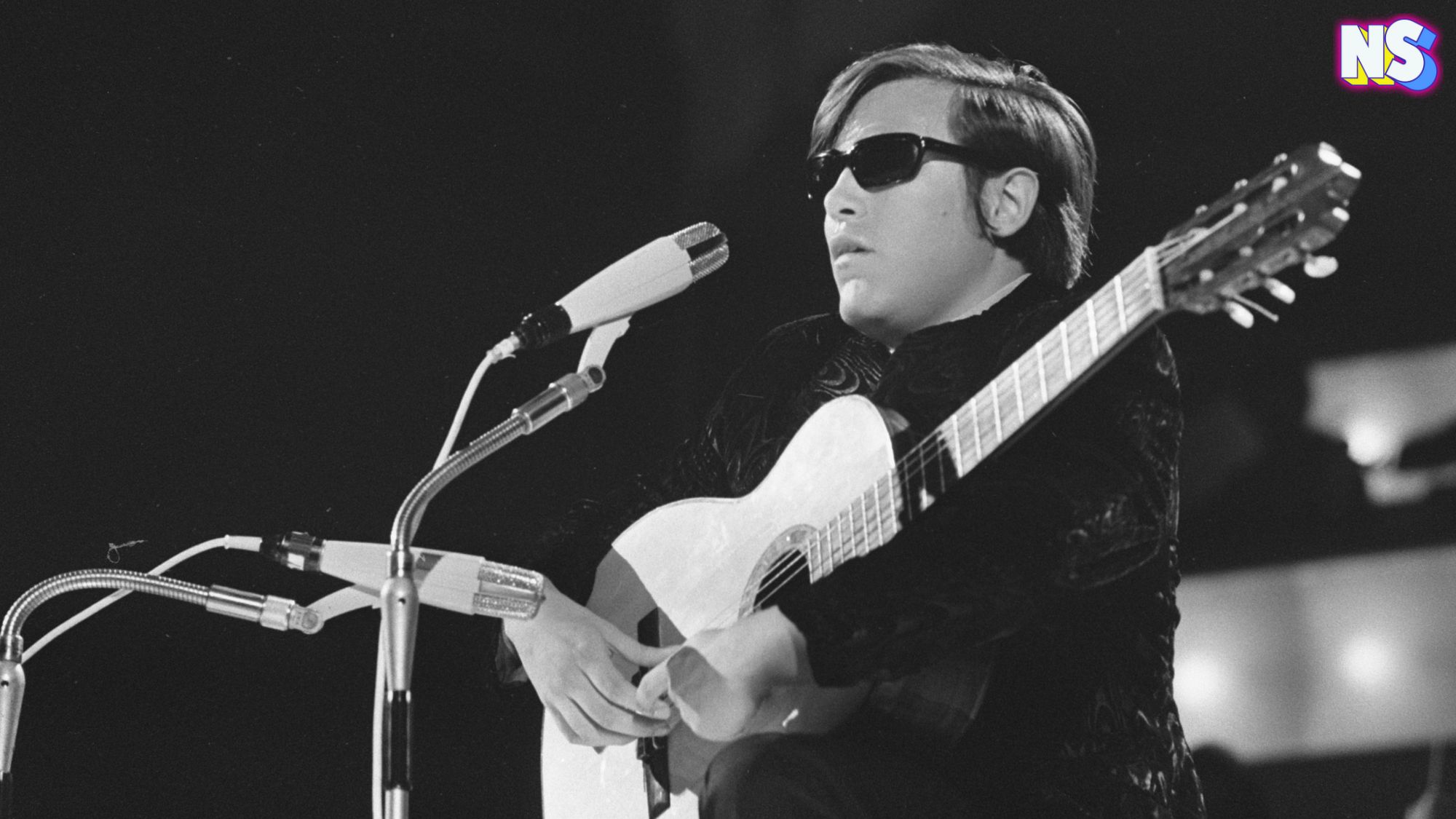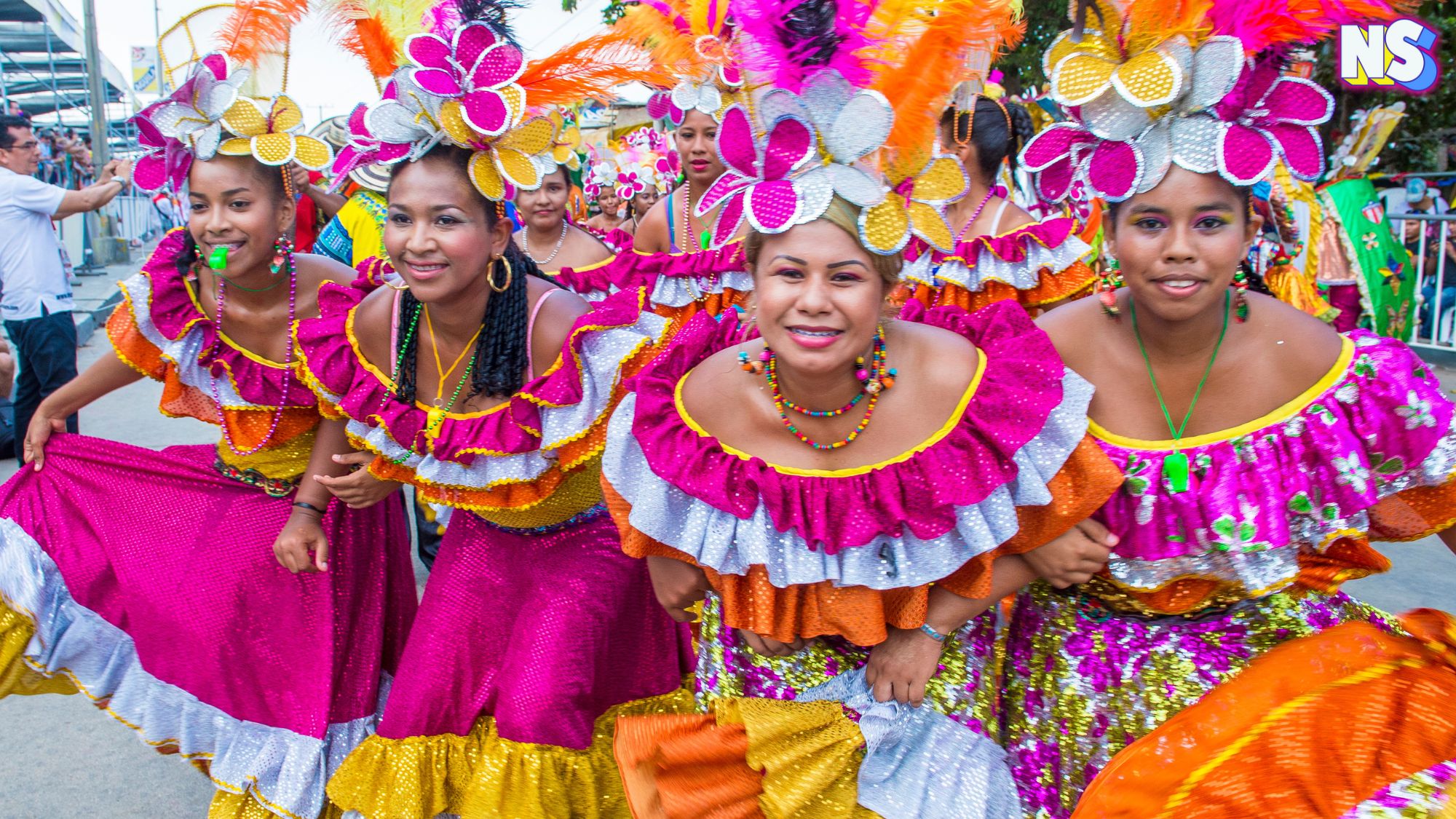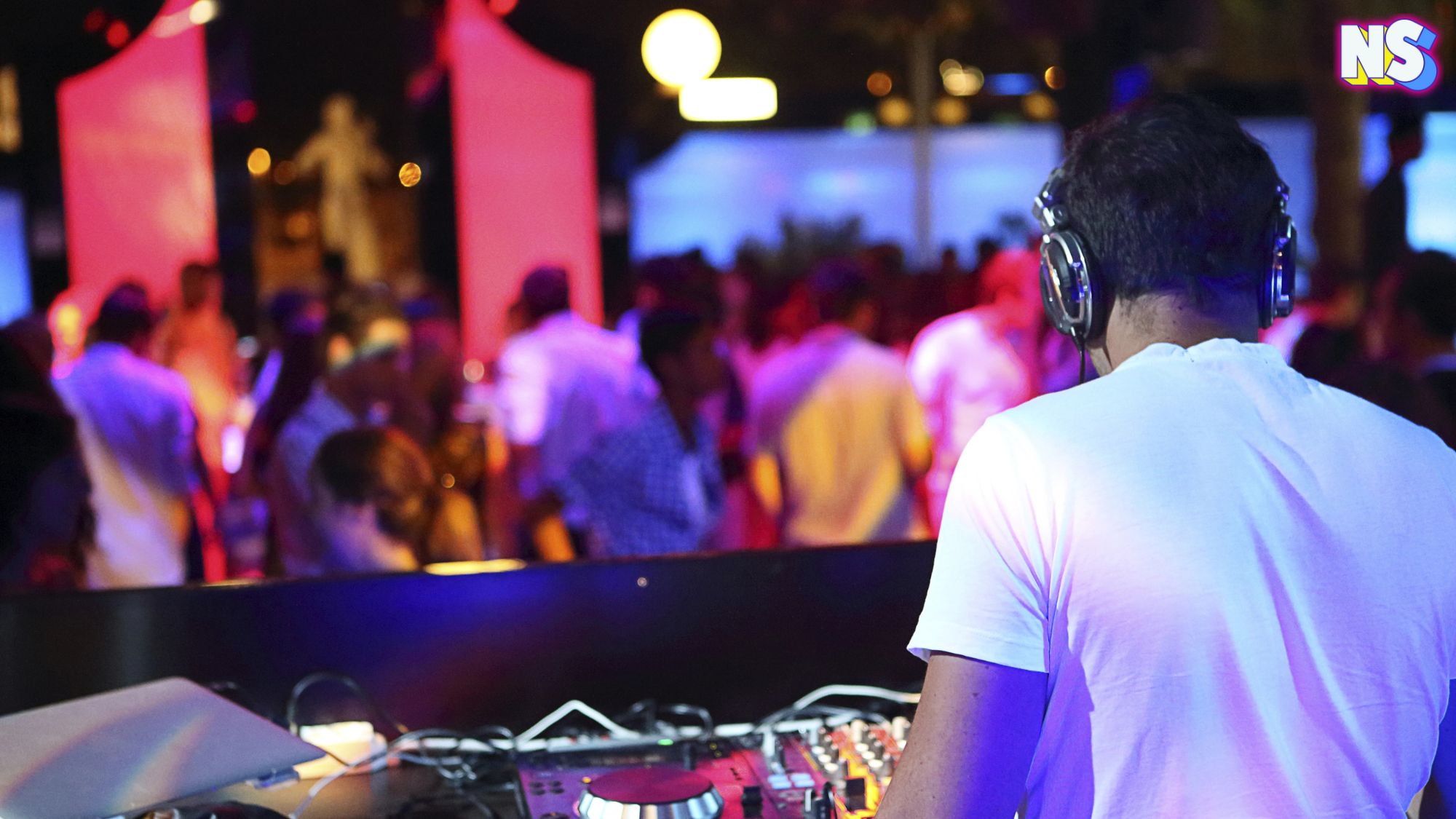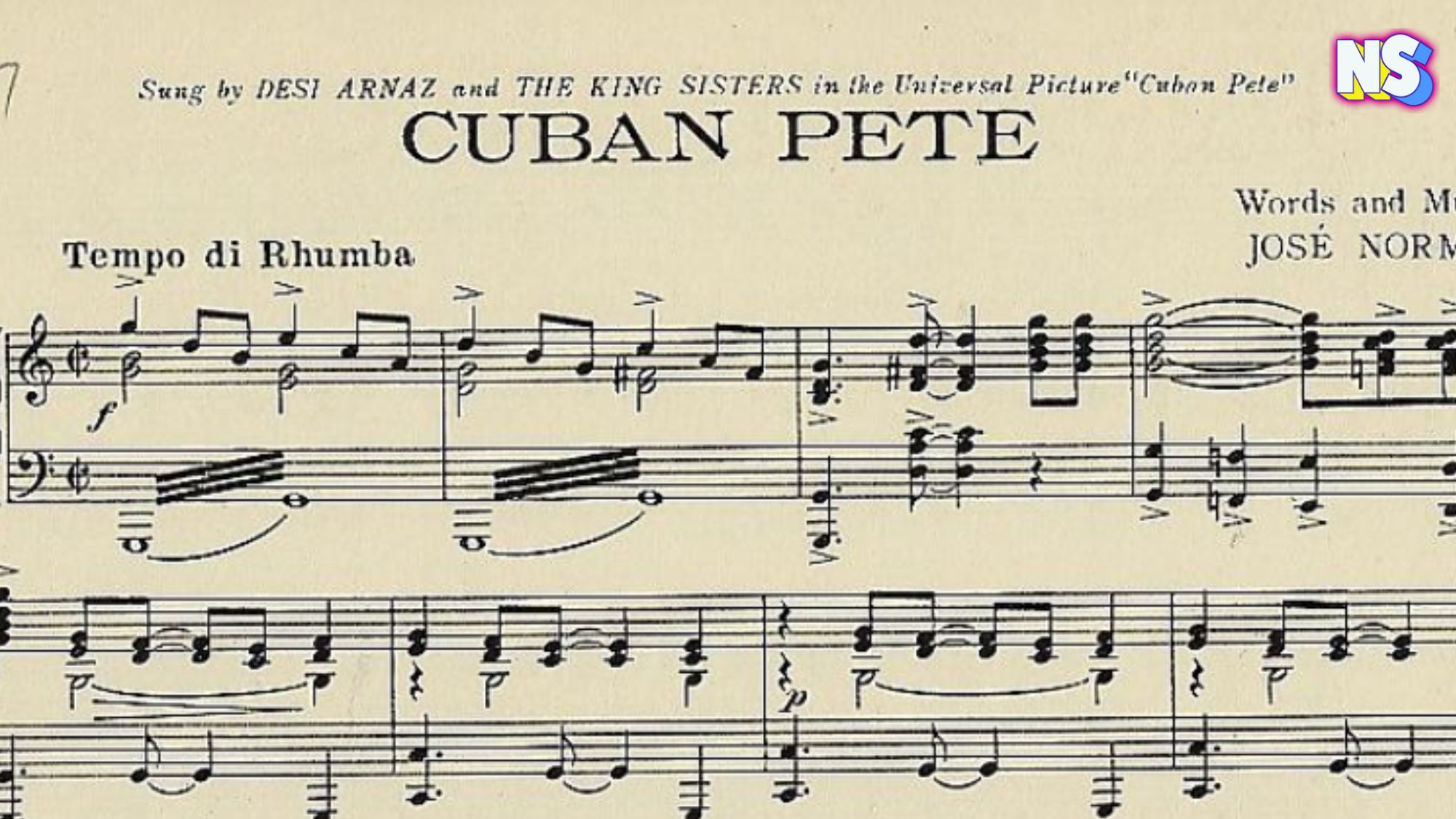From Whitney Houston to Garth Brooks, musicians have been celebrated for singing the national anthem their way at American sporting events. In fact, Blind Puerto Rican Guitarist Jose Feliciano was the first artist to divert from the norm and reimagine the anthem at the 1968 World Series. But, instead of praise, the response to his performance cost him his career, and he was blacklisted, in the United States.
Jose Feliciano Performance is Ahead of Its Time
Commentator Ernie Harwell invited Jose Feliciano to sing the national anthem at the World Series game between the Detroit Tigers and the St. Louis Cardinals, played on October 7, 1968.
Feliciano delivered a slow tempo, Latin folk rendition of the national anthem, with his acoustic guitar. It was his own take of the iconic song. However, the reception was immediately divisive. Cameras stopped focusing soon after the singer began. And, in the actual recording, you can hear a mix of boos and cheers from the audience.
Right way, critics believed the performance was unpatriotic. Some even misinterpreted his performance as part of the Vietnam protests. Later, he explained that his actual intentions could not be further from this.
“When I did the anthem … I did it because I’m a patriot,” Feliciano said in a 2018 interview with Smithsonian. “I was trying to be a grateful patriot. I was expressing my feelings for America when I did the anthem my way instead of just singing it with an orchestra.”
Anthem Overshadows the World Series
The next day, news outlets covered the story, noting how fans were outraged. "A blues version of 'The Star-Spangled Banner' hit an unresponsive chord in thousands of World Series fans Monday. Outraged fans called Tiger Stadium, the Free Press, and local TV stations to complain about the anthem," a story from the Detroit Free Press read.
Following its airing, despite the negative publicity, Feliciano's performance was released as a single and managed to rank No. 50 on the Billboard charts, the first time the anthem ever made it there.
Even with this first-of-its-kind achievement, Feliciano's version got him blacklisted from the music industry. Despite his award-winning 1967 album, Feliciano, being a great success, top 40 stations stopped airing his music. His record sales in the U.S. also took a hit.
Harwell also received heat, and was almost fired for bringing Feliciano on in the first place, with unidentified callers accusing the marine veteran of being a "draft-dodger" and "communist."
‘No Regrets’
While his career in the U.S. was stifled, Feliciano instead toured around the world, cementing his career with his international appeal. Feliciano continued to rise globally, and his "Feliz Navidad" would become the world's most well-known Spanish-language Christmas song.
Feliciano has now been celebrated for the anthem, giving the same iconic performance in later years. To honor Harwell's dying wishes, Feliciano delivered the performance at a Tigers game in May 2010, this time to a standing ovation.
He also performed that same version on Flag Day at the Smithsonian's National Museum of American History in 2018 as 20 immigrants took an oath to become American Citizens.
Before the ceremony, Feliciano said he wanted his performance to show “what it’s like for me to be an American, and they’re in for a treat. If they work hard, they’ll have no regrets. I have no regrets, though I was the first artist to stylize the national anthem, and I got a lot of protests for it. I have no regrets. America has been good to me. I’m glad that I’m here.”





